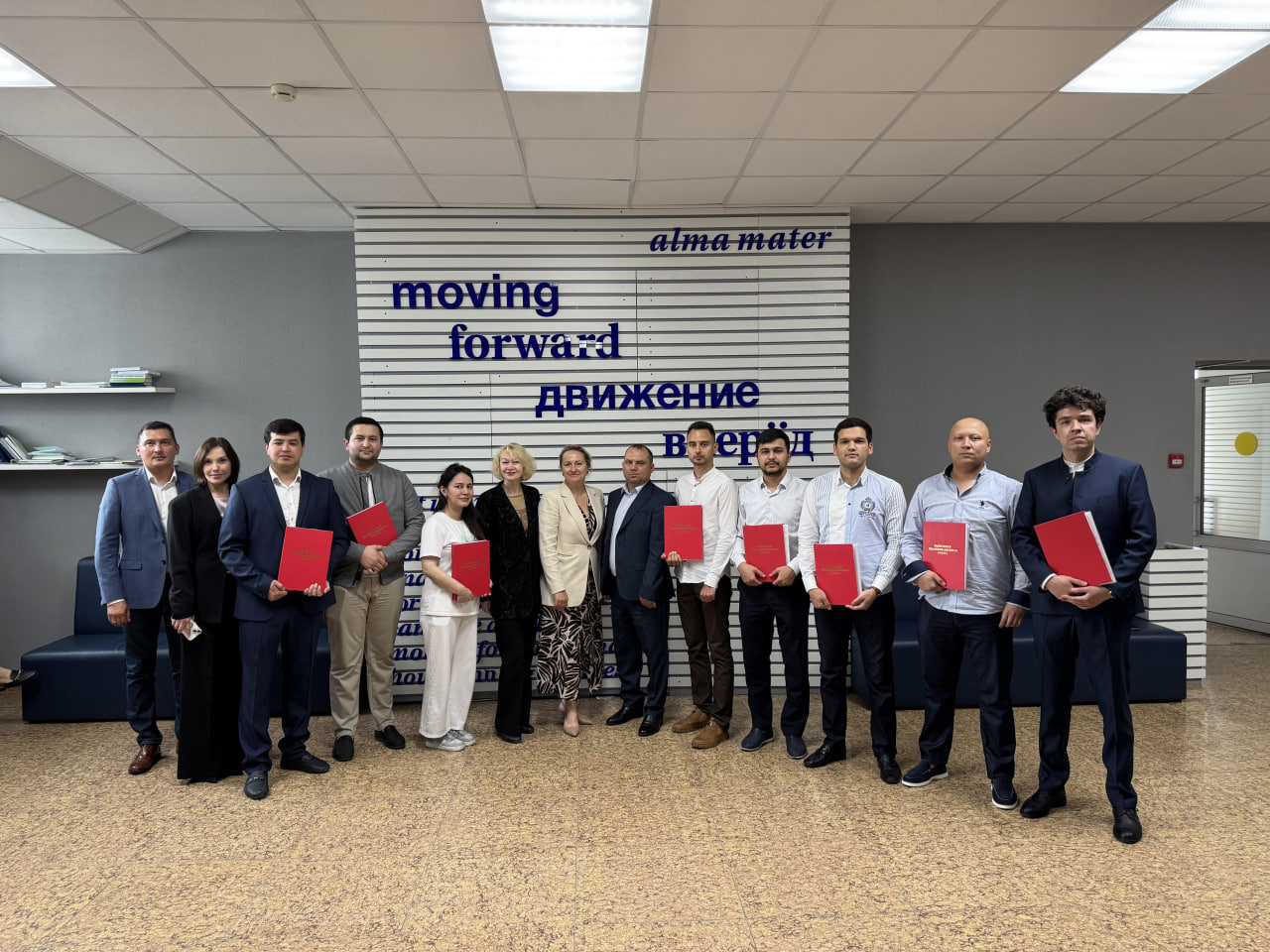
Kazan Federal University has launched the defense of master's theses by students studying in the field of “Economics,” specialization: “Economics and Organization Management: Sectoral Aspect,” as part of a joint double-degree program with Bukhara State University.
From July 1 to 3, master's students who have completed this specialized program are presenting their research projects before the State Examination Commission, which includes representatives from the Institute of Management, Economics and Finance of KFU. This format of mutually recognized and defended diplomas reflects the high level of student training and the significance of international educational partnerships.
The “Economics and Organization Management: Sectoral Aspect” specialization focuses on in-depth knowledge and skills necessary for effective management in specific sectors of the economy—from industry and agriculture to services and logistics. In today’s rapidly changing global economy, experts with an understanding of sector-specific dynamics are in high demand.
The topics of the master's theses included studies on production efficiency, the development of business strategies in sectoral enterprises, risk analysis, and economic sustainability under changing external economic conditions. The students demonstrated not only analytical thinking but also practical orientation in their solutions, which is especially valuable in applied economics.
The double-degree program allows students not only to master academic modules from two universities but also to create an intercultural academic environment, exchange professional experience, and build international career paths. This contributes to preparing a new generation of economists capable of driving change in specific sectors of their national economies and working at an international level.
Such programs are an investment in the future: in sustainable development, sectoral efficiency, and the managerial transformation of the modern economy.